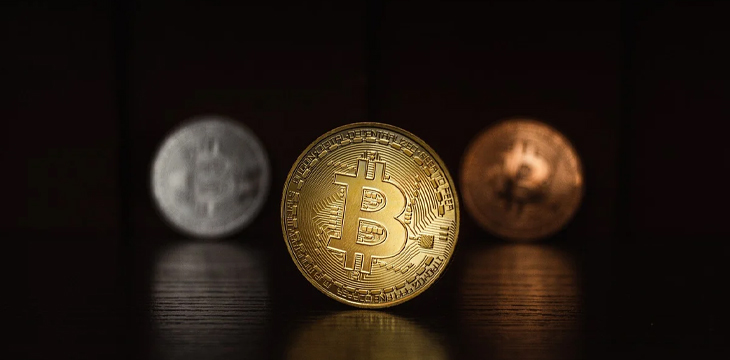|
Getting your Trinity Audio player ready...
|
In a move that will make Bitcoin even more appealing to enterprise users, TAAL Distributed Information Technologies (CSE:TAAL | FWB:9SQ1 | OTCQB: OTC:TAALF) has filed a second U.K. patent application for Layer 1 token technology on Bitcoin SV. This technology, which also enables smart contracts, puts Bitcoin directly in competition with Ethereum and its ERC20 token standard.
ERC20 is perhaps the most commonly-used standard for creating tokens in the blockchain world today. A similar technology for Bitcoin (BSV) would allow managers of legitimate token projects to migrate more easily to BSV if they desire.
Keeping data on-chain
The technology allows tokens to be processed directly on the blockchain. Bitcoin’s blockchain functions as a “universal ledger of truth,” a sole stable protocol for recording and storing data for easy retrieval. A fee market for transaction processing at large volumes is also one of Bitcoin’s primary economic incentives, with high-volume users seeking individual deals with processors, while one-off transaction fees remain low for incidental users. Running token contracts on-chain would certainly add to volumes.
TAAL noted the word “legitimate” in its description of token projects that could migrate to BSV. The Bitcoin world does not wish to see anything like the ERC20-driven “ICO craze” of 2017-18, which saw unprecedented levels of unlicensed crowdfunding and investment scams that in turn led to hundreds of ill-conceived or unrealized projects, and lost investments. Bitcoin sees a more legitimate use for tokens as real digitized company shares or as representing some other real-world asset, like a real estate title.
In November 2019, nChain was granted a European patent that covers blockchain-enforced smart contracts. TAAL’s announcement today referred to its $1 million, 10-year intellectual property licensing deal with nChain, and said its operating subsidiary had also entered into a royalty agreement with the token technology inventor.
TAAL CEO Jerry Chan said:
“We are proud to be involved in delivering this ground-breaking initiative to market and look forward to working with our enterprise clients and development partners to expand the ecosystem for smart contract technology on the Bitcoin SV platform.”
Ethereum’s issues with scalability and stability
The timeline and consequences of Ethereum‘s switch to proof-of-stake (PoS) mining from the more economically-sound proof-of-work (PoW) remain uncertain. There is every possibility token creators will look for a more stable network to build on, and Bitcoin’s set-in-stone protocol could be an attractive alternative.
A major part of Bitcoin’s philosophy is that the base protocol rules should remain unalterable, now or far into the future. This is seen as the only way large enterprise/government-tier users would trust a network enough to devote their resources to building on it. If base protocol rules can be changed by a small group of developers (like BTC) or its fundamental economic incentives shift (like Ethereum), it is difficult to build large-scale, long-term systems that rely on it functioning a certain way.
Bitcoin’s data-processing capacity could be another key factor. Another question surrounding Ethereum is its ability to scale to proportions required to handle the world’s data. At several points already in its short history, the Ethereum network has become congested as a result of popular token releases or other data-heavy contract applications.
Putting Bitcoin into direct competition with Ethereum could be a big test for both networks, with Bitcoin looking to prove only it can scale at capacity. The BSV stress test network has sustained transaction blocks of up to 1GB, while main network blocks have at times reached up to 360MB in size.

 02-19-2026
02-19-2026 




